Advanced Quantum Technologies is a high-impact quantum science journal publishing theoretical & experimental research in quantum materials, optics, computing & more.
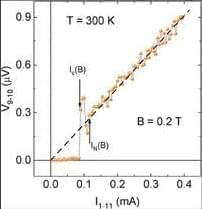

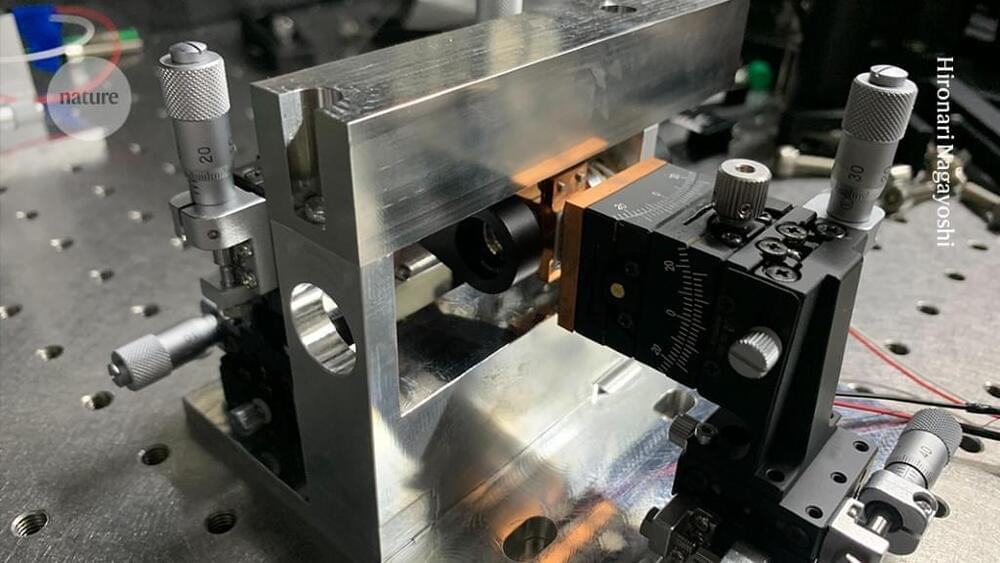

“It’s the single largest capital investment that has ever been made in the state of Mississippi – by a lot.”
On Thursday, 25th January, Amazon Web Services (AWS) announced plans for a monumental $10 billion investment in Mississippi— the single largest capital investment in the state’s history.
Amazon Web Services invests $10 billion in Mississippi, building two data centers, creating jobs, and fostering community development and sustainability.
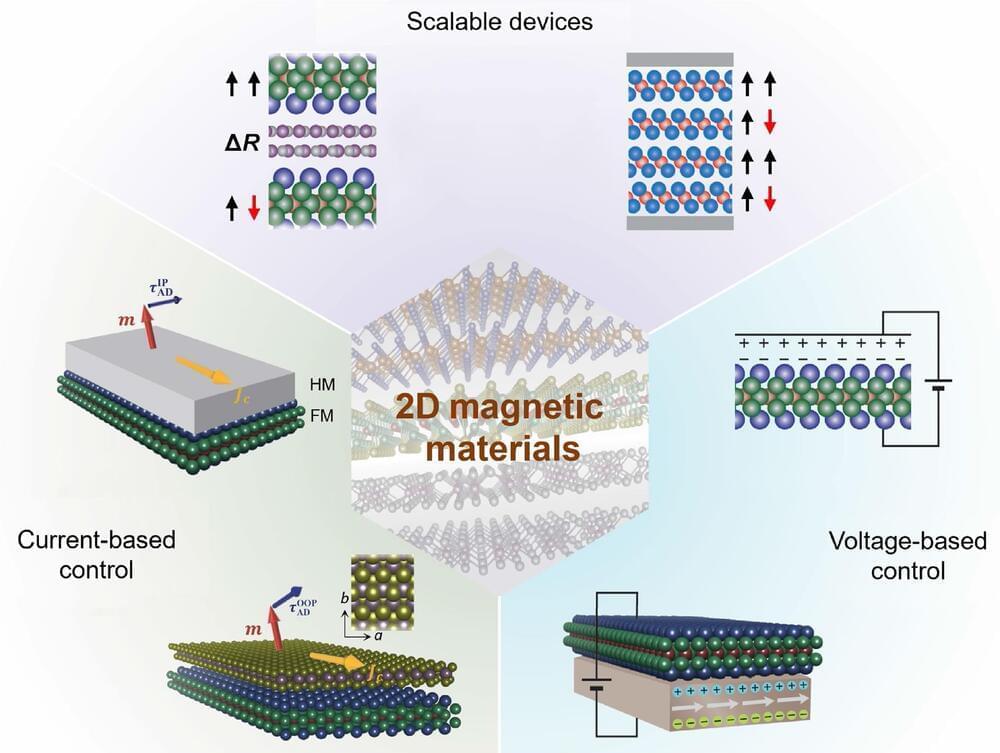
Liu, C. S.; Chen, H. W.; Wang, S. Y.; Liu, Q.; Jiang, Y. G.; Zhang, D. W.; Liu, M.; Zhou, P. Two-dimensional materials for next-generation computing technologies. Nat. Nanotechnol. 2020, 15, 545–557.
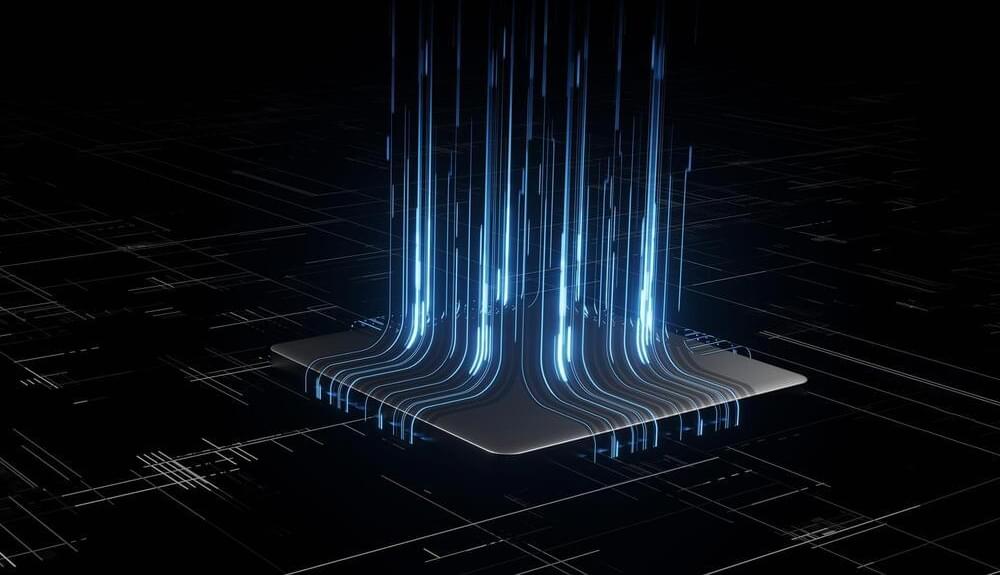
Tunneling is a fundamental process in quantum mechanics, involving the ability of a wave packet to cross an energy barrier that would be impossible to overcome by classical means. At the atomic level, this tunneling phenomenon significantly influences molecular biology. It aids in speeding up enzyme reactions, causes spontaneous DNA mutations, and initiates the sequences of events that lead to the sense of smell.
Photoelectron tunneling is a key process in light-induced chemical reactions, charge and energy transfer, and radiation emission. The size of optoelectronic chips and other devices has been close to the sub-nanometer atomic scale, and the quantum tunneling effects between different channels would be significantly enhanced.
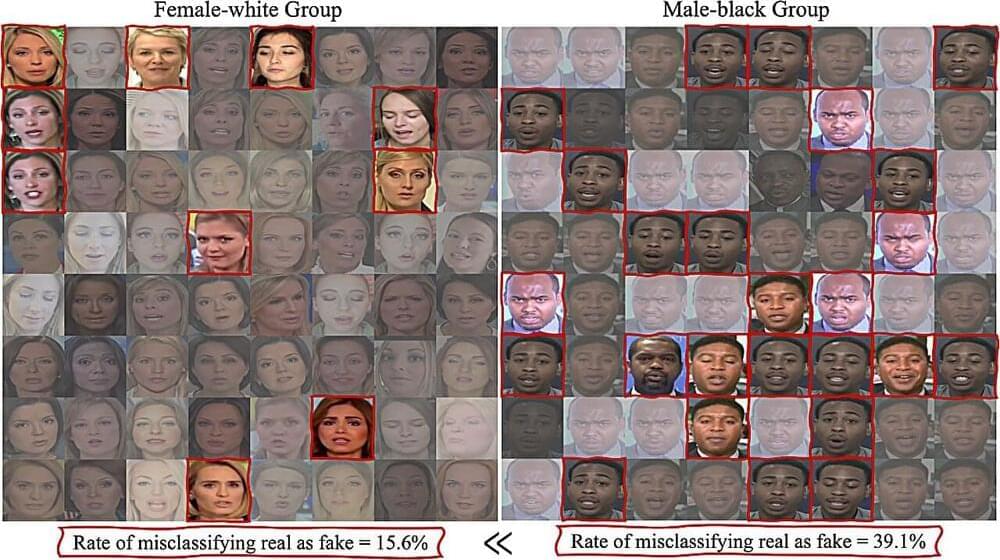
University at Buffalo computer scientist and deepfake expert Siwei Lyu created a photo collage out of the hundreds of faces that his detection algorithms had incorrectly classified as fake—and the new composition clearly had a predominantly) darker skin tone.
“A detection algorithm’s accuracy should be statistically independent from factors like race,” Lyu says, “but obviously many existing algorithms, including our own, inherit a bias.”
Lyu, Ph.D., co-director of the UB Center for Information Integrity, and his team have now developed what they believe are the first-ever deepfake detection algorithms specifically designed to be less biased.
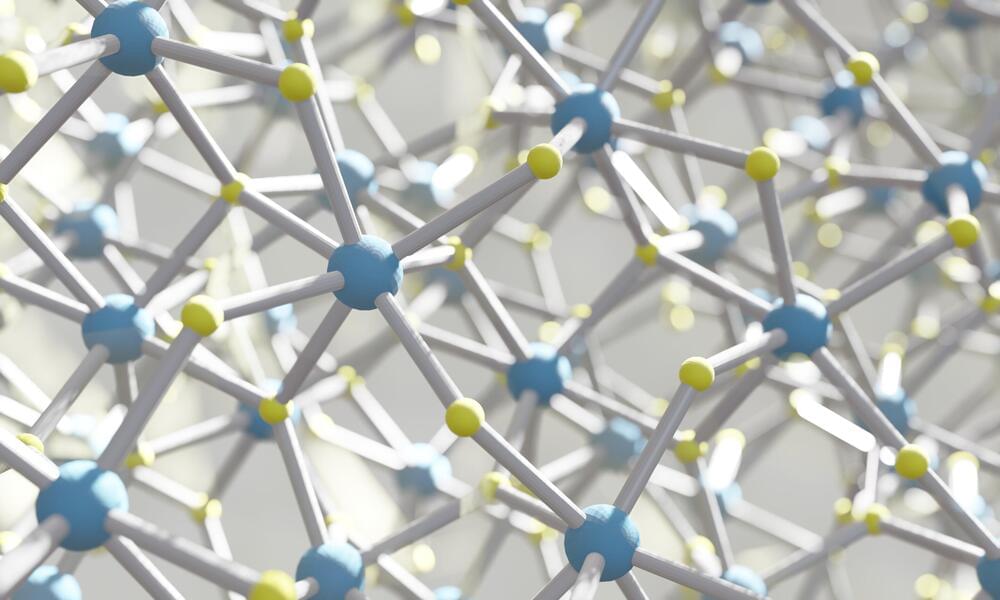
Scientists and engineers have been pushing for the past decade to leverage an elusive ferroelectric material called hafnium oxide, or hafnia, to usher in the next generation of computing memory. A team of researchers including the University of Rochester’s Sobhit Singh published a study in the Proceedings of the National Academy of Sciences outlining progress toward making bulk ferroelectric and antiferroelectric hafnia available for use in a variety of applications.
In a specific crystal phase, hafnia exhibits ferroelectric properties —that is, electric polarization that can be changed in one direction or another by applying an external electric field. This feature can be harnessed in data storage technology. When used in computing, ferroelectric memory has the benefit of non-volatility, meaning it retains its values even when powered off, one of several advantages over most types of memory used today.
“Hafnia is a very exciting material because of its practical applications in computer technology, especially for data storage,” says Singh, an assistant professor in the Department of Mechanical Engineering. “Currently, to store data we use magnetic forms of memory that are slow, require a lot of energy to operate, and are not very efficient. Ferroelectric forms of memory are robust, ultra-fast, cheaper to produce, and more energy-efficient.”
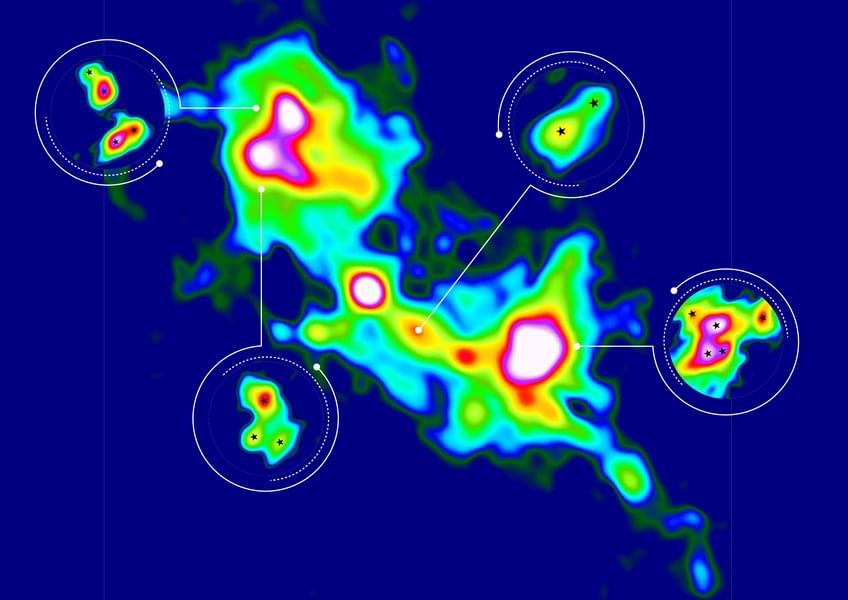
For humans, the chance of giving birth to multiples is less than 2%. The situation is different with stars, especially with particularly heavy stars. Astronomers observe stars that are many times heavier than the sun in more than 80% of cases in double or multiple systems. The key question is whether they were also born as multiples, or whether stars are born alone and approach each other over time.
Multiple births have long been the norm for massive stars. At least on the computer, because in theoretical simulations huge clouds of gas and dust tend to collapse and form multiple systems of massive stars. These simulations depict a hierarchical process in which larger cloud portions contract to form denser cores, and where smaller regions within those “parent cores” collapse to form the separate stars: massive stars, but also numerous less massive stars.
And astronomers do indeed find a wealth of fully formed multiple star systems, especially stars that weigh many times more than the sun. However, this does not yet prove that multiple systems with massive stars are already forming in the primordial cloud, as predicted by simulations.
Quantum physicist Mickael Perrin uses graphene ribbons to build nanoscale power plants that turn waste heat from electrical equipment into electricity.
When Mickael Perrin started out on his scientific career 12 years ago, he had no way of knowing he was conducting research in an area that would be attracting wide public interest only a few years later: quantum electronics.
“At the time, physicists were just starting to talk about the potential of quantum technologies and quantum computers,” he recalls. “Today there are dozens of start-ups in this area, and governments and companies are investing billions in developing the technology further. We are now seeing the first applications in computer science, cryptography, communications, and sensors.”
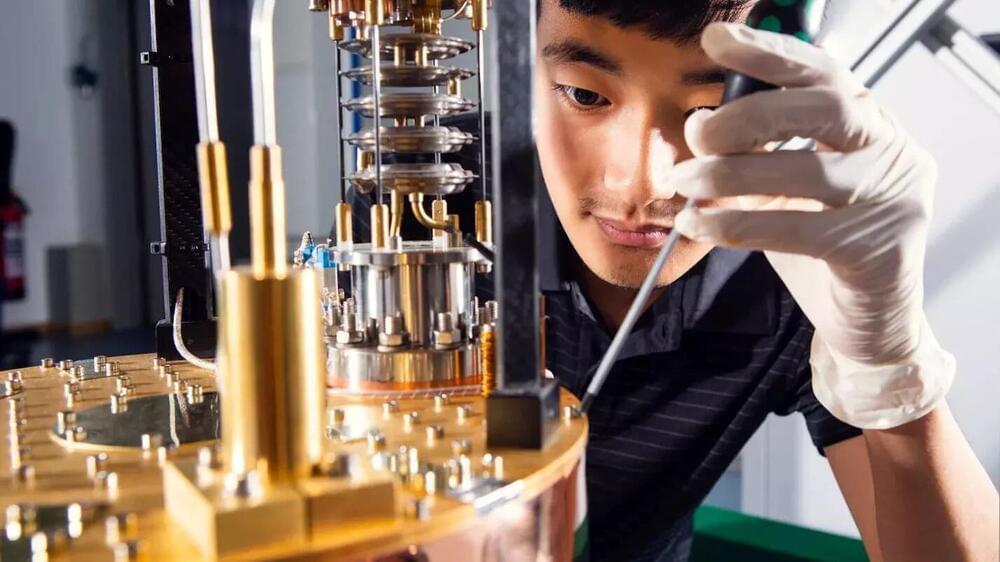
Electrons that spin to the right and the left at the same time. Particles that change their states together, even though they are separated by enormous distances. Intriguing phenomena like these are completely commonplace in the world of quantum physics. Researchers at the TUM Garching campus are using them to build quantum computers, high-sensitivity sensors and the internet of the future.
“We cool the chip down to only a few thousandths of a degree above absolute zero—colder than in outer space,” says Rudolf Gross, Professor of Technical Physics and Scientific Director of the Walther Meissner Institute (WMI) at the Garching research campus. He’s standing in front of a delicate-looking device with gold-colored disks connected by cables: The cooling system for a special chip that utilizes the bizarre laws of quantum physics.
For about twenty years now, researchers at WMI have been working on quantum computers, a technology based on a scientific revolution that occurred 100 years ago when quantum physics introduced a new way of looking at physics. Today it serves as the foundation for a “new era of technology,” as Prof. Gross calls it.